
ChatGPT and related artificial intelligence technologies have attracted much attention in various industries, but in which industries can they provide practical applications?
ChatGPT has now taken the world by storm, with this Large Language Model (LLM) having 100 million active users two months after its release, setting a record for the fastest user growth among online platforms.
When ChatGPT and other large language models were first applied, many users reacted with awe, excitement, fear, and curiosity. ChatGPT’s potential impact on the digital ecosystem is far-reaching, particularly in the fields of digital content, information technology, and written communications.
Large-scale language models have enabled many innovative breakthroughs, especially the application of the natural language processing transformer paradigm to large training sets customized for enterprises. Because of this potential, CIOs across industries will consider adopting ChatGPT and other conversational text-to-speech and research-based large-scale language models.
Once OpenAI makes ChatGPT available to users as a full-fledged application programming interface, ChatGPT will enable powerful workflows and will enhance its already impressive capabilities.
While not all industries will be able to implement this technology and see immediate results, the following three industries stand to gain the most and do so quickly.
(1) Pharmaceutical Industry
Researching and developing new drugs has become increasingly time-consuming. On average, it takes at least 10 years for a new drug to be launched on the market, and at least 6 to 7 years for clinical trials.
ChatGPT has the potential to accelerate time to market because it can extrapolate data from multiple concurrent treatment plans. It can then quickly create insights and correlations from these massive data points to better understand clinical trial results.
It may also change customer management. An estimated 66% of U.S. adults (more than 131 million people) use prescription drugs. Yet the U.S. Food and Drug Administration (FDA) receives more than 100,000 medication error reports each year from pharmacies, hospitals and patients’ homes. This margin of error can be narrowed by ChatGPT, or similar technology (with a text-to-speech engine and different personal training data) that can send information to customers so they can take their medication correctly.
(2) Financial Management
The shortage of personnel has hindered the development of many industries, including the financial industry. A recent survey of financial advisors by Charles Schwab found that recruiting and retaining talent has become the most important strategic priority for the first time since 2006.
ChatGPT can act as a conversational agent with enterprise-specific data sets to send messages and suggestions to customers. It can greatly expand the capabilities of customer representatives by providing efficient and high-level financial knowledge. However, regulatory regulations will determine the scope of these use cases.
ChatGPT does not eliminate the role of those who have access to sensitive financial information or perform transactions on behalf of customers. It lacks the contextual content necessary to make accurate insights, such as through historical trends in a customer’s account balances or personal financial history. But in the short term, enterprise versions of transactional, conversational, or large language models (LLM) that leverage reinforcement learning with human feedback (RLHF) could play a more important role, meaning that they will replace jobs currently performed entirely by humans. .
(3) Automotive Industry
Over the past few years, rising commodity prices and supply chain shortages have been affecting the development of the automotive industry. CIOs at automakers can leverage ChatGPT as a research tool to track industry trends and analyze competing supply chain processes to ensure they are using the right procedures every day to reduce profit losses.
Business leaders can also leverage ChatGPT to analyze large data sets of parts and processes. This improves the creation and maintenance of content such as manuals, parts catalogs and operating procedures, thereby increasing efficiency. It can also be used to build substantial intellectual capital for new parts suppliers who often lack the documentation advantages of existing suppliers.
The rapid popularity of ChatGPT has made it a model for large-scale language models and other language processors, but now we have only seen the tip of the iceberg of the technology behind ChatGPT, and it is known to have a lasting impact on society in many ways. , it is this unknown potential that is exciting.
Whether it’s AI-specific workflows, AI-as-a-service, or applying large-scale language models, the next technology breakthrough is undoubtedly around the corner. IT leaders, especially in these three industries, will need to be creative, adaptable, and open to the many benefits IT can bring.
The above is the detailed content of Three major industries that can currently benefit from ChatGPT. For more information, please follow other related articles on the PHP Chinese website!
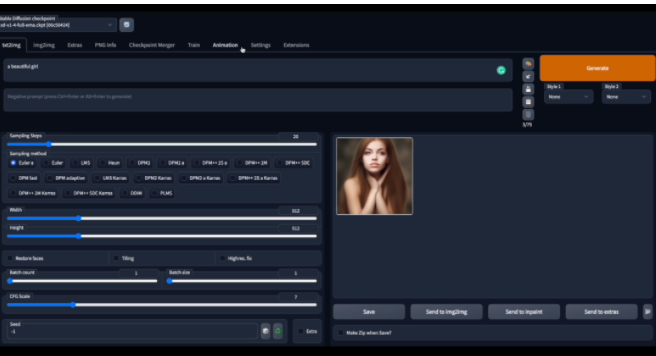 令人惊艳的4个ChatGPT项目,开源了!Mar 30, 2023 pm 02:11 PM
令人惊艳的4个ChatGPT项目,开源了!Mar 30, 2023 pm 02:11 PM自从 ChatGPT、Stable Diffusion 发布以来,各种相关开源项目百花齐放,着实让人应接不暇。今天,着重挑选几个优质的开源项目分享给大家,对我们的日常工作、学习生活,都会有很大的帮助。
 Word文档拆分后的子文档字体格式变了怎么办Feb 07, 2023 am 11:40 AM
Word文档拆分后的子文档字体格式变了怎么办Feb 07, 2023 am 11:40 AMWord文档拆分后的子文档字体格式变了的解决办法:1、在大纲模式拆分文档前,先选中正文内容创建一个新的样式,给样式取一个与众不同的名字;2、选中第二段正文内容,通过选择相似文本的功能将剩余正文内容全部设置为新建样式格式;3、进入大纲模式进行文档拆分,操作完成后打开子文档,正文字体格式就是拆分前新建的样式内容。
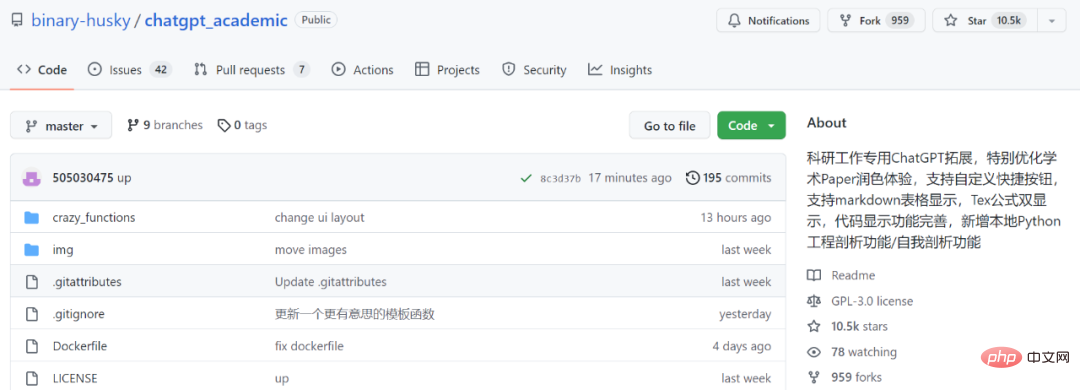 学术专用版ChatGPT火了,一键完成论文润色、代码解释、报告生成Apr 04, 2023 pm 01:05 PM
学术专用版ChatGPT火了,一键完成论文润色、代码解释、报告生成Apr 04, 2023 pm 01:05 PM用 ChatGPT 辅助写论文这件事,越来越靠谱了。 ChatGPT 发布以来,各个领域的从业者都在探索 ChatGPT 的应用前景,挖掘它的潜力。其中,学术文本的理解与编辑是一种极具挑战性的应用场景,因为学术文本需要较高的专业性、严谨性等,有时还需要处理公式、代码、图谱等特殊的内容格式。现在,一个名为「ChatGPT 学术优化(chatgpt_academic)」的新项目在 GitHub 上爆火,上线几天就在 GitHub 上狂揽上万 Star。项目地址:https://github.com/
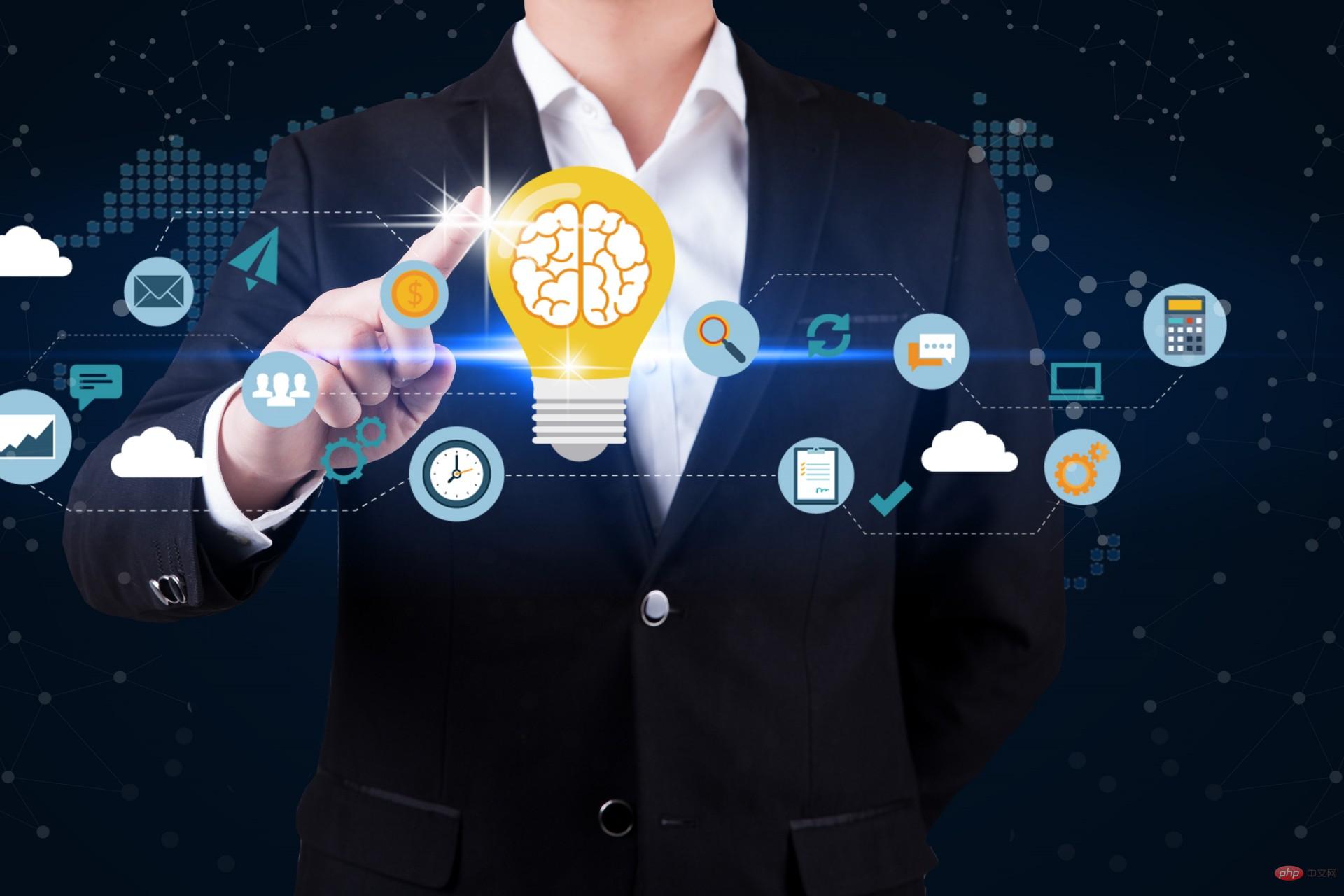 30行Python代码就可以调用ChatGPT API总结论文的主要内容Apr 04, 2023 pm 12:05 PM
30行Python代码就可以调用ChatGPT API总结论文的主要内容Apr 04, 2023 pm 12:05 PM阅读论文可以说是我们的日常工作之一,论文的数量太多,我们如何快速阅读归纳呢?自从ChatGPT出现以后,有很多阅读论文的服务可以使用。其实使用ChatGPT API非常简单,我们只用30行python代码就可以在本地搭建一个自己的应用。 阅读论文可以说是我们的日常工作之一,论文的数量太多,我们如何快速阅读归纳呢?自从ChatGPT出现以后,有很多阅读论文的服务可以使用。其实使用ChatGPT API非常简单,我们只用30行python代码就可以在本地搭建一个自己的应用。使用 Python 和 C
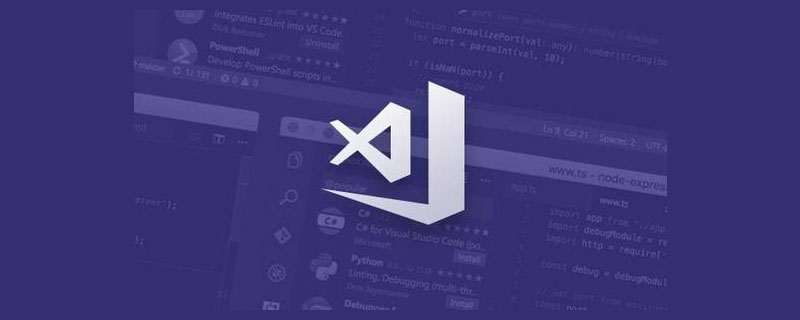 vscode配置中文插件,带你无需注册体验ChatGPT!Dec 16, 2022 pm 07:51 PM
vscode配置中文插件,带你无需注册体验ChatGPT!Dec 16, 2022 pm 07:51 PM面对一夜爆火的 ChatGPT ,我最终也没抵得住诱惑,决定体验一下,不过这玩意要注册需要外国手机号以及科学上网,将许多人拦在门外,本篇博客将体验当下爆火的 ChatGPT 以及无需注册和科学上网,拿来即用的 ChatGPT 使用攻略,快来试试吧!
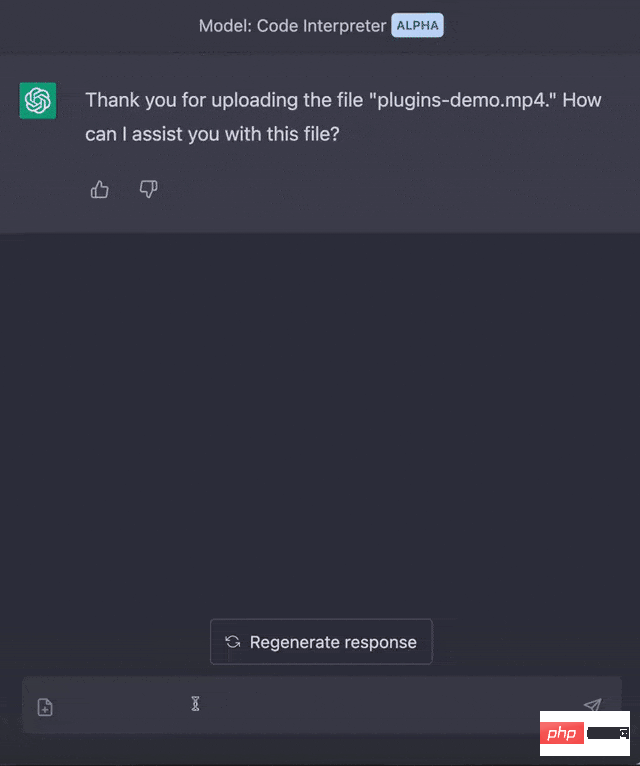 用ChatGPT秒建大模型!OpenAI全新插件杀疯了,接入代码解释器一键getApr 04, 2023 am 11:30 AM
用ChatGPT秒建大模型!OpenAI全新插件杀疯了,接入代码解释器一键getApr 04, 2023 am 11:30 AMChatGPT可以联网后,OpenAI还火速介绍了一款代码生成器,在这个插件的加持下,ChatGPT甚至可以自己生成机器学习模型了。 上周五,OpenAI刚刚宣布了惊爆的消息,ChatGPT可以联网,接入第三方插件了!而除了第三方插件,OpenAI也介绍了一款自家的插件「代码解释器」,并给出了几个特别的用例:解决定量和定性的数学问题;进行数据分析和可视化;快速转换文件格式。此外,Greg Brockman演示了ChatGPT还可以对上传视频文件进行处理。而一位叫Andrew Mayne的畅销作
 ChatGPT教我学习PHP中AOP的实现(附代码)Mar 30, 2023 am 10:45 AM
ChatGPT教我学习PHP中AOP的实现(附代码)Mar 30, 2023 am 10:45 AM本篇文章给大家带来了关于php的相关知识,其中主要介绍了我是怎么用ChatGPT学习PHP中AOP的实现,感兴趣的朋友下面一起来看一下吧,希望对大家有帮助。


Hot AI Tools

Undresser.AI Undress
AI-powered app for creating realistic nude photos

AI Clothes Remover
Online AI tool for removing clothes from photos.

Undress AI Tool
Undress images for free

Clothoff.io
AI clothes remover

AI Hentai Generator
Generate AI Hentai for free.

Hot Article

Hot Tools

MinGW - Minimalist GNU for Windows
This project is in the process of being migrated to osdn.net/projects/mingw, you can continue to follow us there. MinGW: A native Windows port of the GNU Compiler Collection (GCC), freely distributable import libraries and header files for building native Windows applications; includes extensions to the MSVC runtime to support C99 functionality. All MinGW software can run on 64-bit Windows platforms.

DVWA
Damn Vulnerable Web App (DVWA) is a PHP/MySQL web application that is very vulnerable. Its main goals are to be an aid for security professionals to test their skills and tools in a legal environment, to help web developers better understand the process of securing web applications, and to help teachers/students teach/learn in a classroom environment Web application security. The goal of DVWA is to practice some of the most common web vulnerabilities through a simple and straightforward interface, with varying degrees of difficulty. Please note that this software

Notepad++7.3.1
Easy-to-use and free code editor

SublimeText3 Mac version
God-level code editing software (SublimeText3)

Atom editor mac version download
The most popular open source editor








